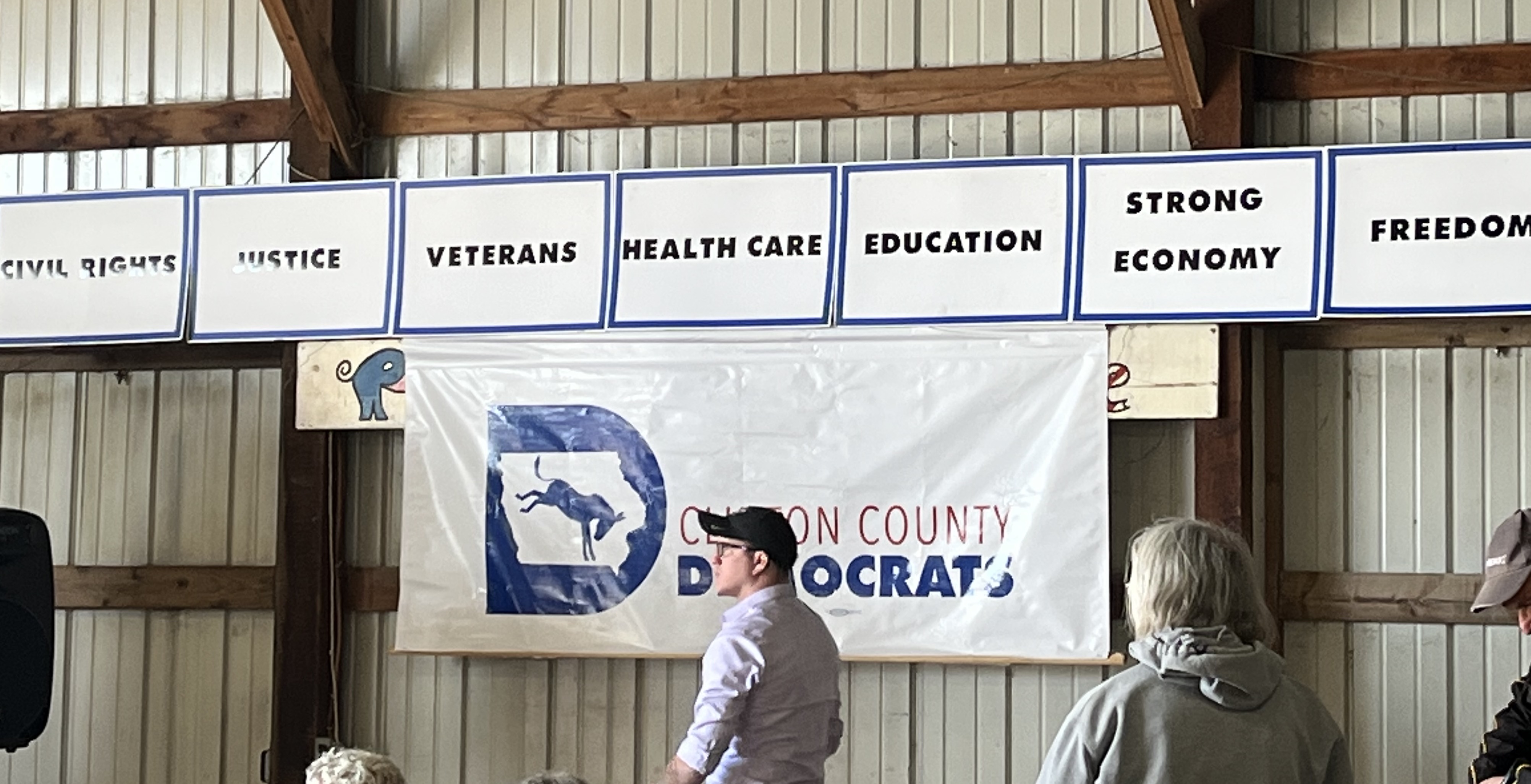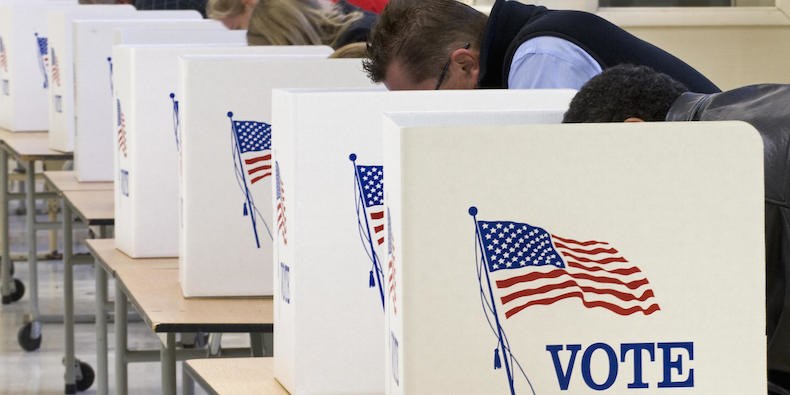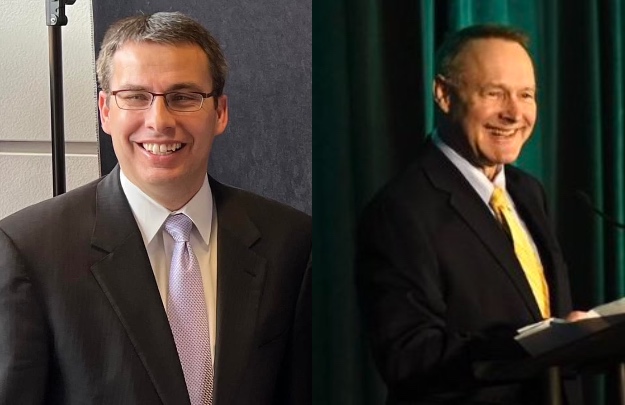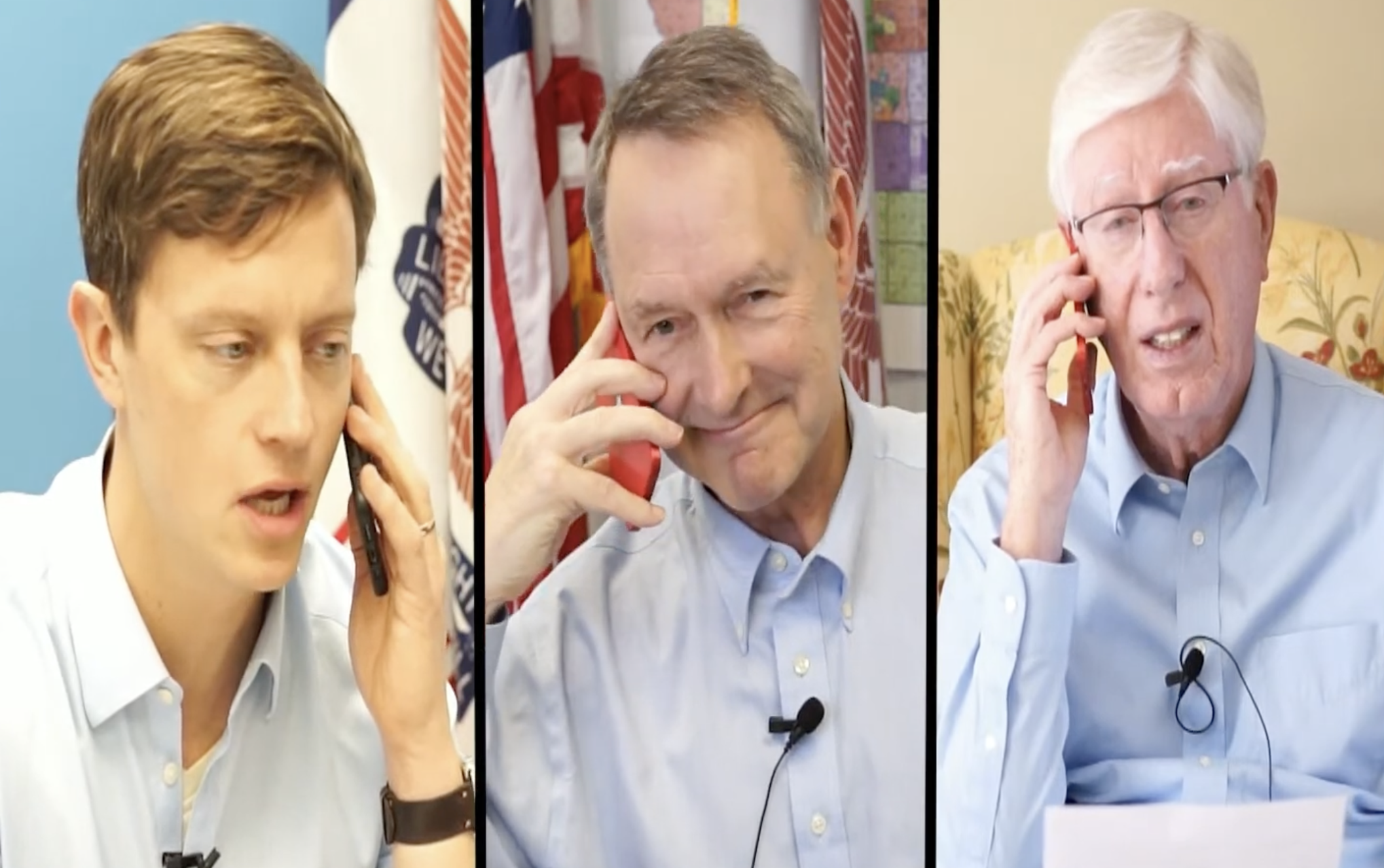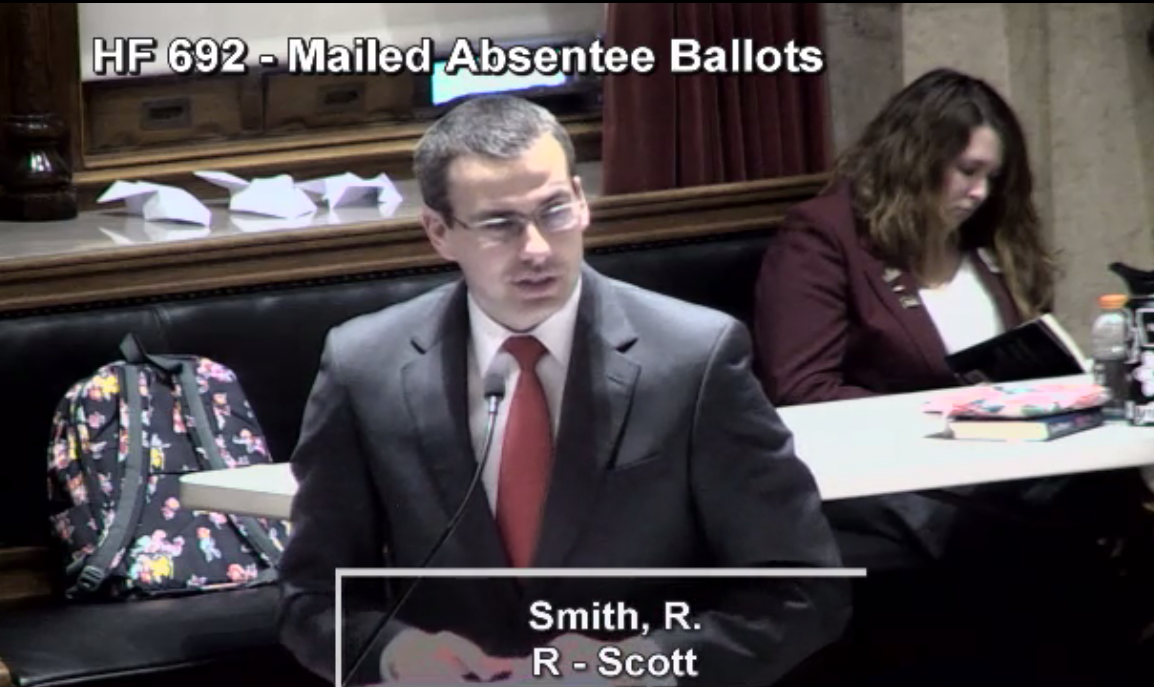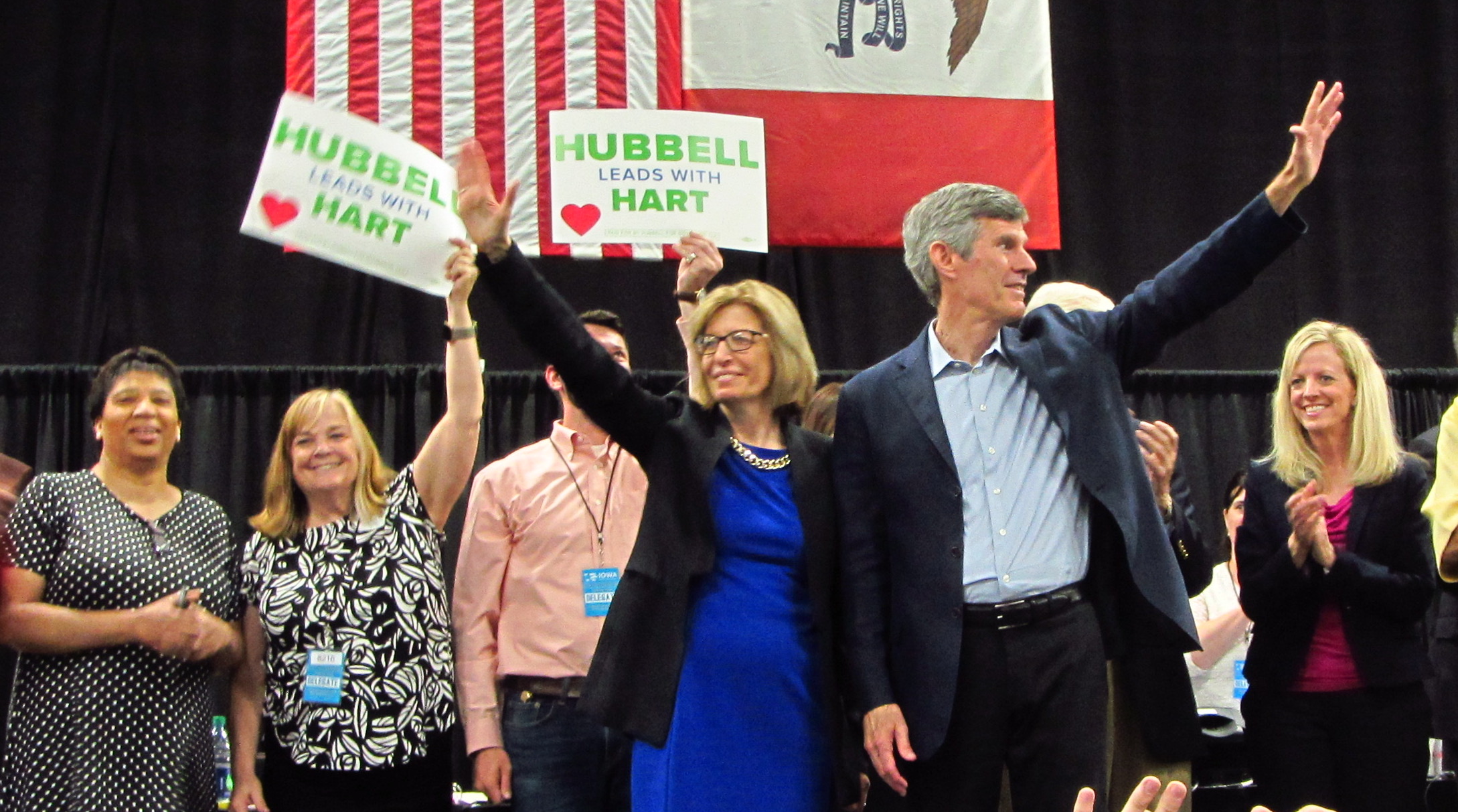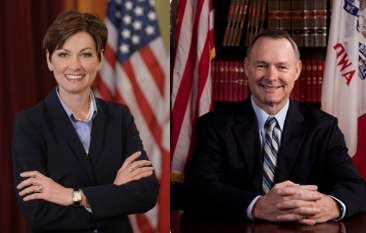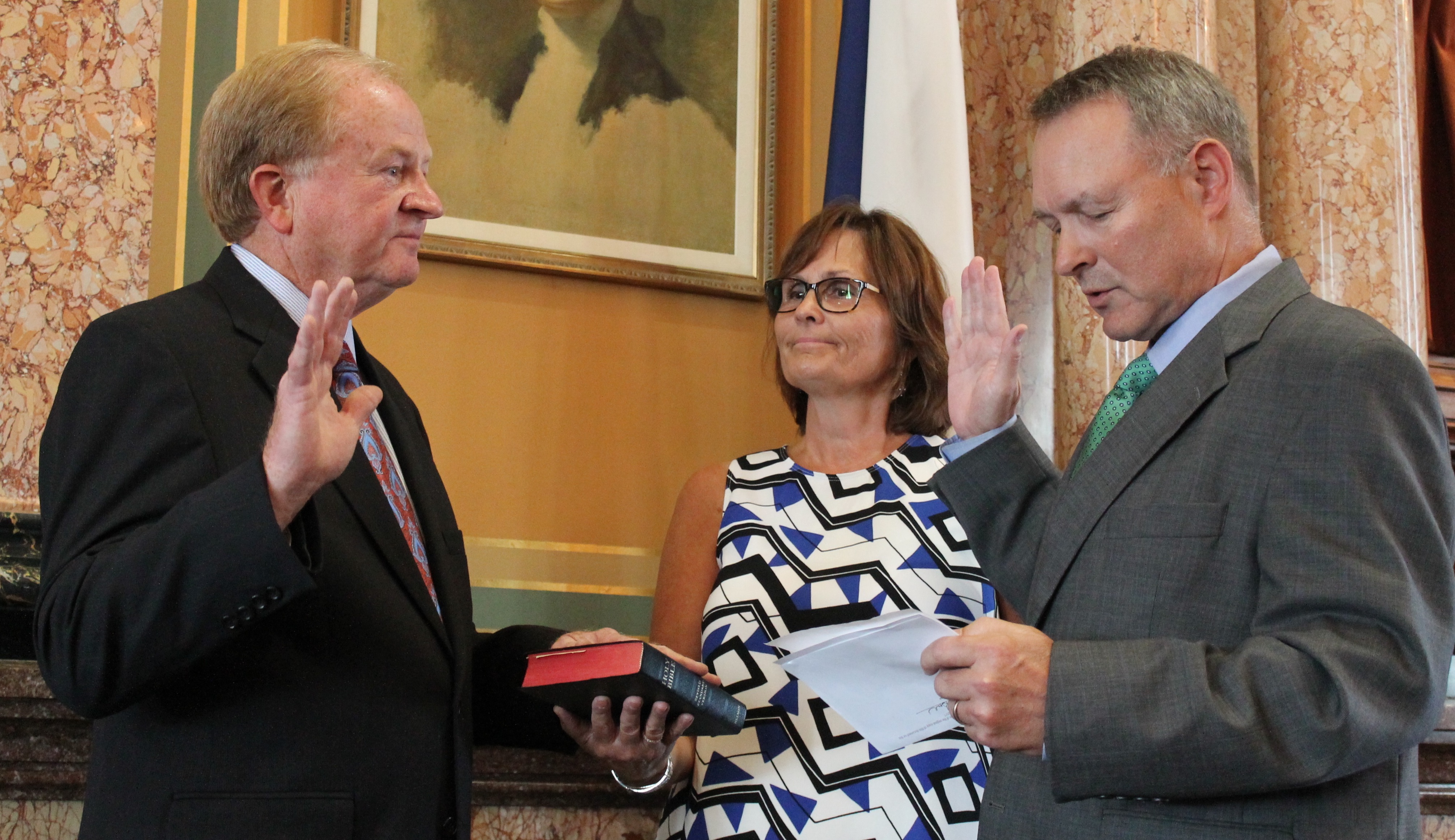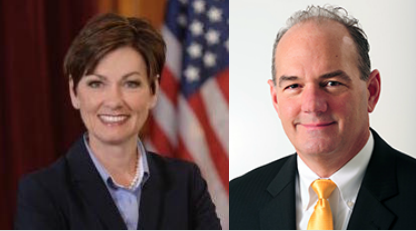Three of the world’s leading bond rating agencies agree that Iowa deserves the highest possible credit rating. This month Fitch Ratings and Moody’s Investors Service increased their ratings for Iowa to AAA and Aaa, respectively. The ratings boost is related to decisions at both agencies to “recalibrate” the way they assess default risk for municipal bonds. A third leading agency, Standard and Poor’s, gave Iowa the AAA rating last summer.
State Treasurer Mike Fitzgerald noted yesterday, “For the first time in our history, we have the highest ratings from all three rating agencies. Only seven other states have an across-the-board AAA rating.”
The credit ratings are important for two reasons. First, they represent a strong overall assessment of Iowa’s fiscal health. These agencies don’t care whether Governor Chet Culver is re-elected or whether Iowa Democrats retain majorities in the state House and Senate. Their analysts serve professional investors who need to know the risk of default on outstanding obligations. They look at a broad range of factors, including levels of revenues, spending, reserve funds and per capita debt load.
Second, the top-level credit rating means Iowa will be able to borrow at lower interest rates when the next batch of bonds for the I-JOBS infrastructure initiative are sold. When I-JOBS bonds hit the market last summer, strong investor demand drove down the interest rate and, consequently, reduced the state’s repayment costs by approximately $12 million per year for the life of the bonds.
One other point is worth noting: Moody’s gave Iowa a “stable” outlook rating. If professional market analysts believed Iowa legislators had approved unsustainable levels of debt or spending, as State Auditor David Vaudt and many other Republicans have claimed, we would be among the states that received a “negative” outlook from Moody’s.
As I recently discussed here, Republican candidates for governor keep talking about a so-called billion-dollar budget deficit projected for next year, even though the Iowa legislature approved a balanced budget for fiscal year 2011. Instead of acknowledging that fact, Republicans are shifting the goalposts, complaining that Iowa supposedly will have a huge budget gap for fiscal year 2012. Fitzgerald was pitch-perfect yesterday in response this doom-and-gloom talk:
Last week Vaudt criticized the Legislature and Culver for building a fiscal 2011 spending plan so heavily reliant on $736 million in one-time funding sources that it promises a budgetary “cliff” for the following year when state officials will face another projected funding gap exceeding $1 billion.
“The state auditor says that every year and the budget he’s talking about is a year from next July,” Fitzgerald said in an interview. “Well, my goodness gracious, volcanoes can blow up, meteors can hit the earth, who knows what’s going to happen. That’s just speculation.”
Economic and fiscal issues will be at the center of this fall’s election campaigns, creating a challenge for Iowa journalists. The “safe” way to report this issue would be the usual “he said, she said” format: [Republican’s name here] says Democrats are running deficits and driving us too deep in debt, while [Democrat’s name here] says the governor and legislature have kept Iowa in a strong fiscal position.
The alternative is to ask Republicans to defend their assertions in light of these facts:
*Independent analysts for the Pew Center on the States put Iowa in the group of states “least like California” in terms of budget problems.
*Moody’s, Fitch and Standard and Poor’s agree that Iowa deserves the highest possible credit rating.
*Iowa legislators approved balanced budgets year after year amid the biggest revenue collapse in six decades.
*Governor Culver made mid-year spending cuts when necessary in order to preserve our state’s fiscal health. He didn’t keep two sets of books like Terry Branstad, or fully deplete the state’s reserve funds like Minnesota Governor Tim Pawlenty.
Analysts who don’t have a dog in this fight say Iowa is in good shape coming out of the most severe recession since World War II.
P.S.-In case you missed this story last week, Forbes magazine has ranked Des Moines as “the No. 1 city in America for businesses and careers” and Cedar Rapids the “No. 1 city for projected job growth.”
Continue Reading...

